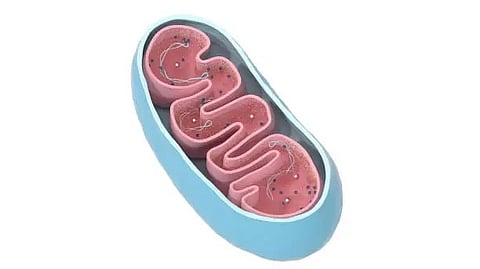“Our study shows that this technology could transform renal transplant medicine,” said Giuseppe Orlando, M.D., Ph.D., an associate professor of surgery at Wake Forest University School of Medicine, a transplant surgeon at Atrium Health Wake Forest Baptist and principal investigator of the study. “Here, we provide evidence that mitochondrial transfer lessens the damage that renal cells or the kidneys may suffer from disease or injury.”
For the study, the research team collaborated with the University of Turin in Italy where scientists conducted preliminary tests in cultures of human proximal tubular cells, which are found in the kidneys and play an important in removing toxins. When the damaged cells were exposed to healthy mitochondria, cellular energy increased, and toxicity decreased.
“Essentially, the mitochondrial transplant was successful in reducing stress in the damaged kidney cells,” said Orlando, who is also a researcher at Wake Forest Institute for Regenerative Medicine.


